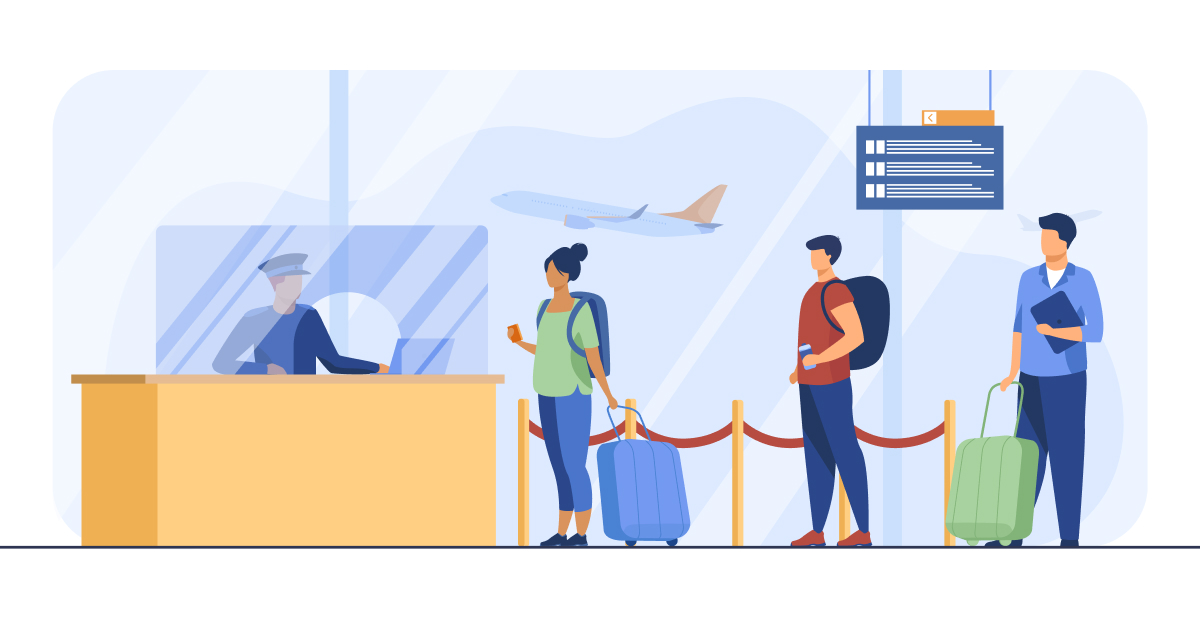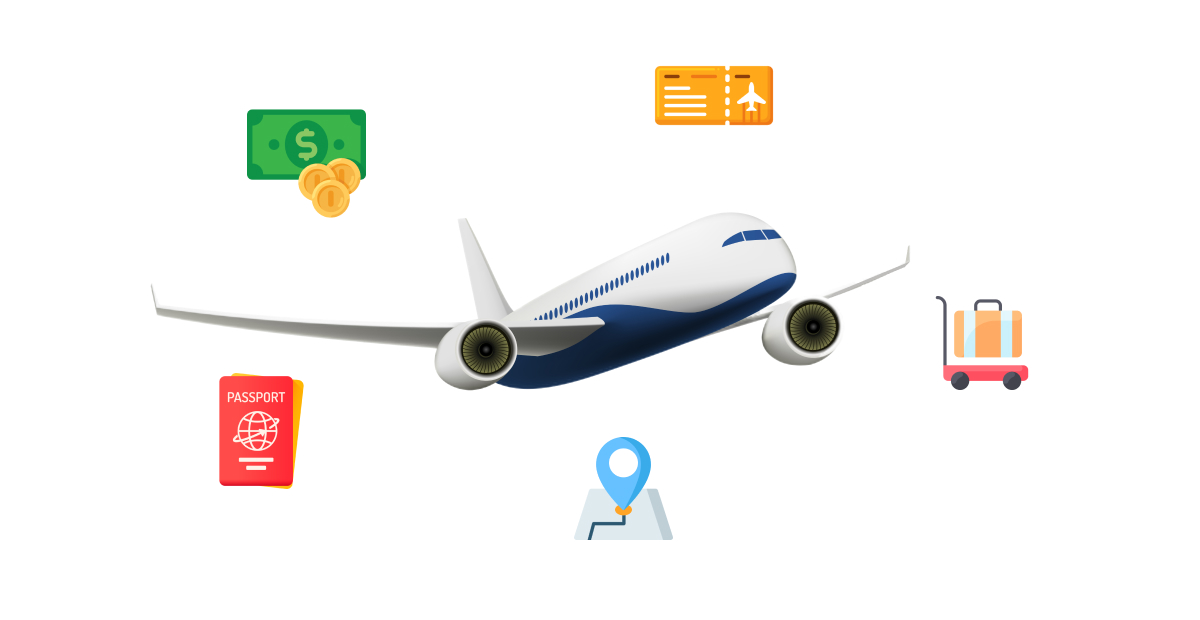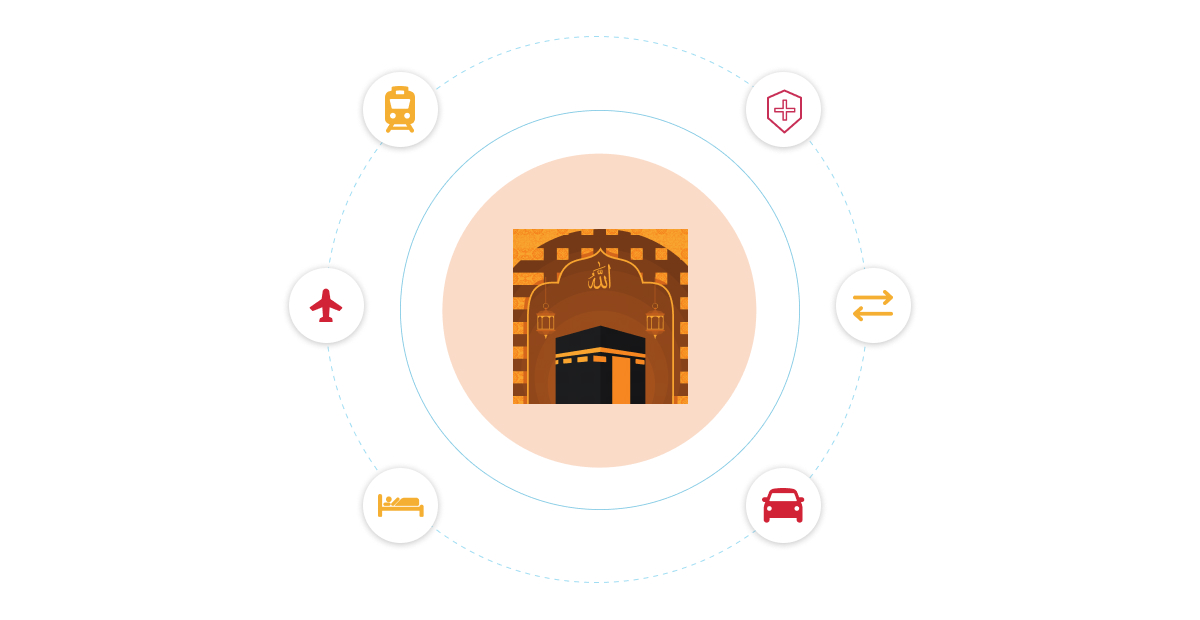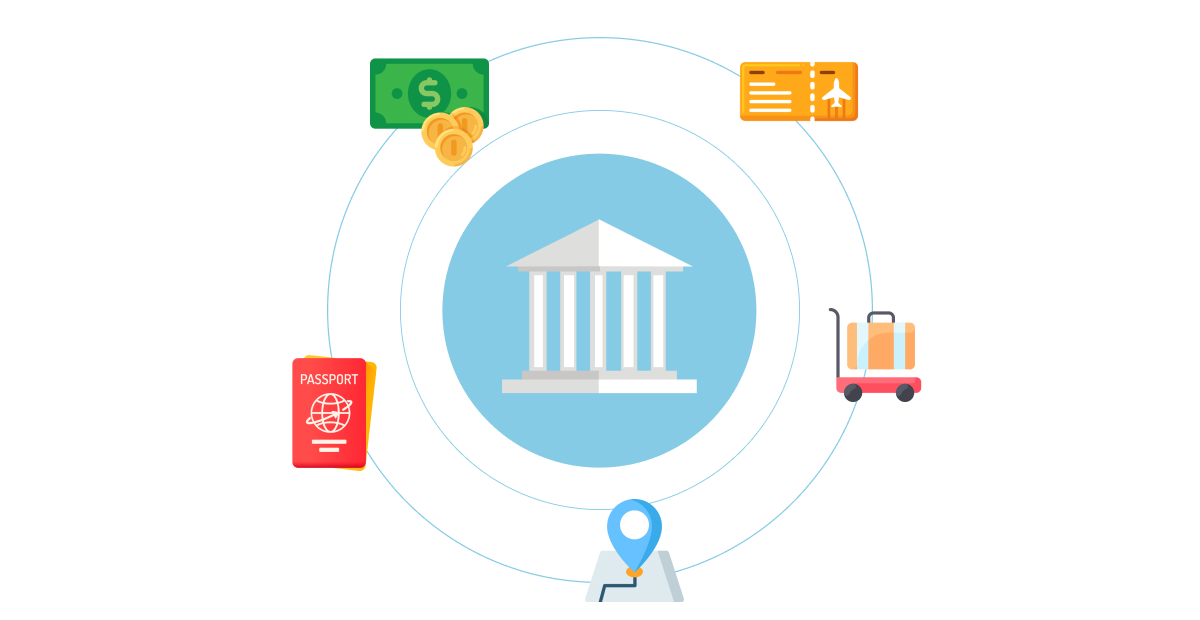
6 Aspects Of Automated Airline Group Bookings You Might Not Know
In the dawning age of AI, we wake up to many AI products and automation that promise to revolutionize the industry. The airline industry is

In the dawning age of AI, we wake up to many AI products and automation that promise to revolutionize the industry. The airline industry is

Agency wallets are a gateway to many untouched revenue opportunities for airlines. Airlines are returning to profitability in 2023, but the growth percentage is steep.

For airlines around the world, developing a comprehensive, 360-degree view of their customers is vital. As the travel industry limps back to normal after a

Airlines are constantly looking for new revenue streams that win them loyal passengers. Given how the coronavirus pandemic has devastated the travel sector, it has

Long before covid, airlines—especially the budget carriers— have been boosting their operating margins with ancillary revenue. Ancillaries, which are non-ticket sources of revenue for airlines,

Umrah and Hajj pilgrimages are both rapidly growing markets. Since these are trips undertaken by millions of devout pilgrims every year in the holy city

A government employee frantically trying to book flight tickets for official business runs into a variety of issues. Firstly, he cannot book tickets directly from

Just as a customer is booking a flight on your website, he gets an SMS. It is from your competitor, informing your potential passenger that

Schedule a Call